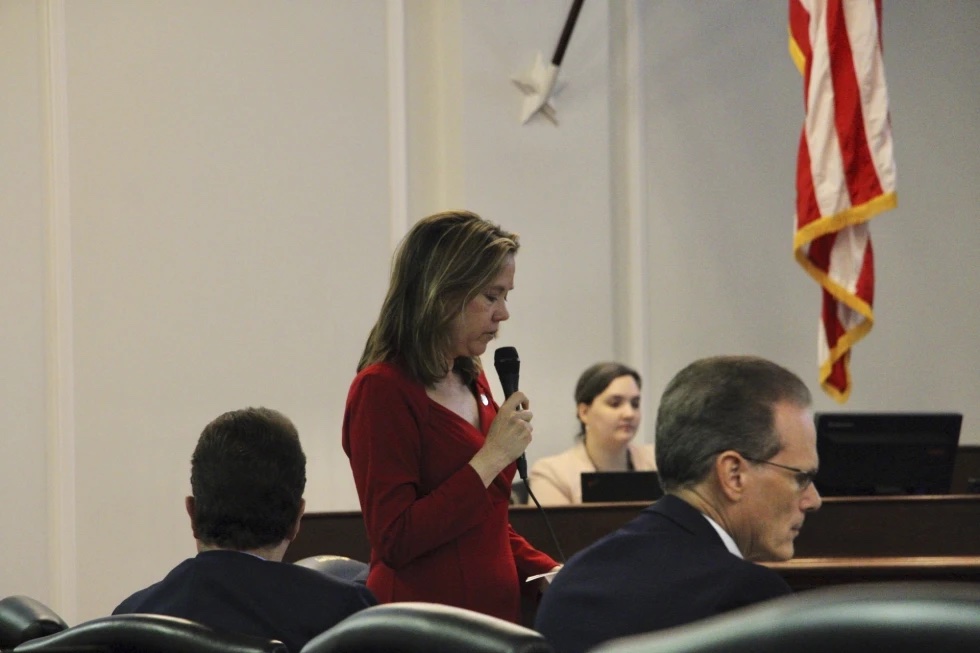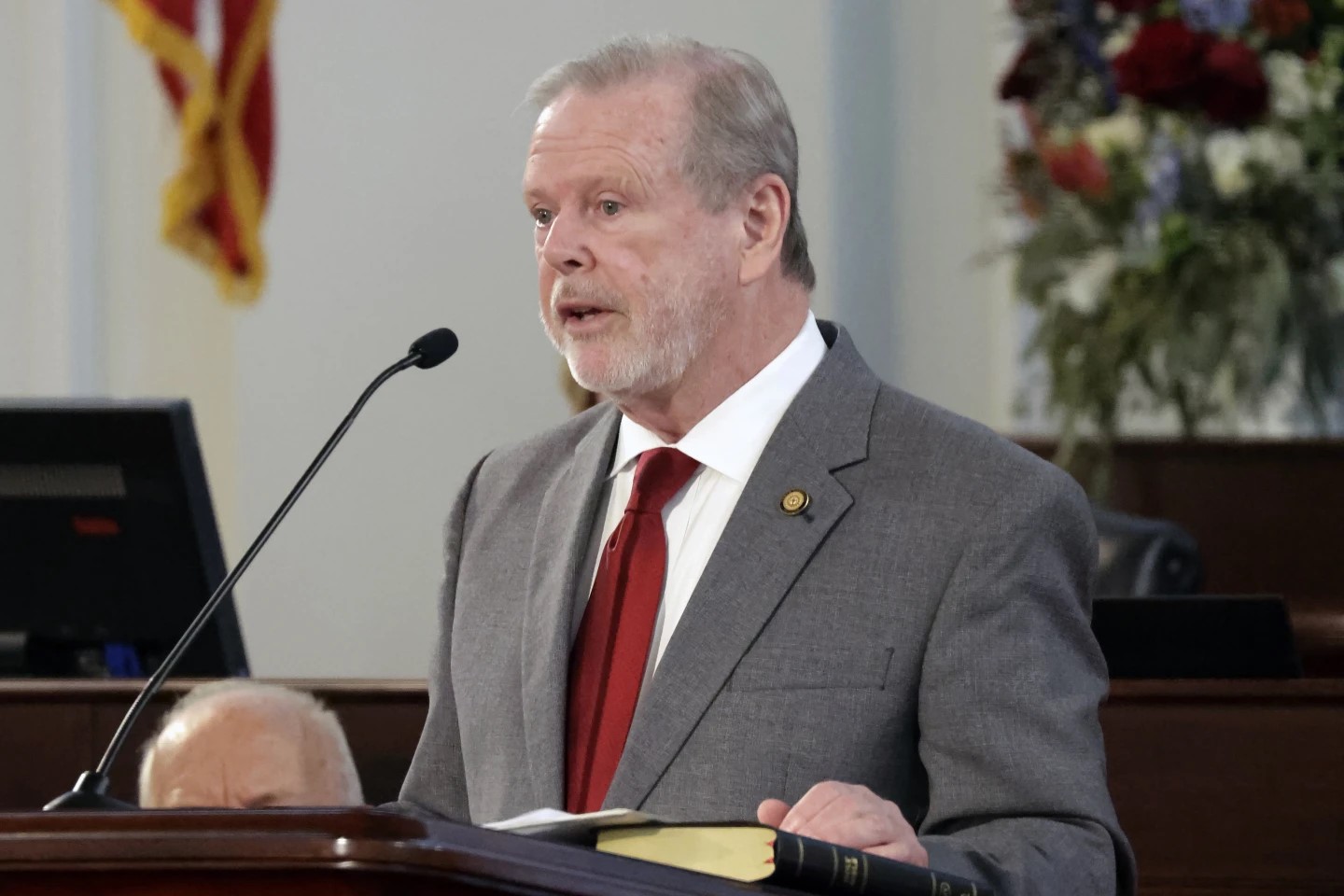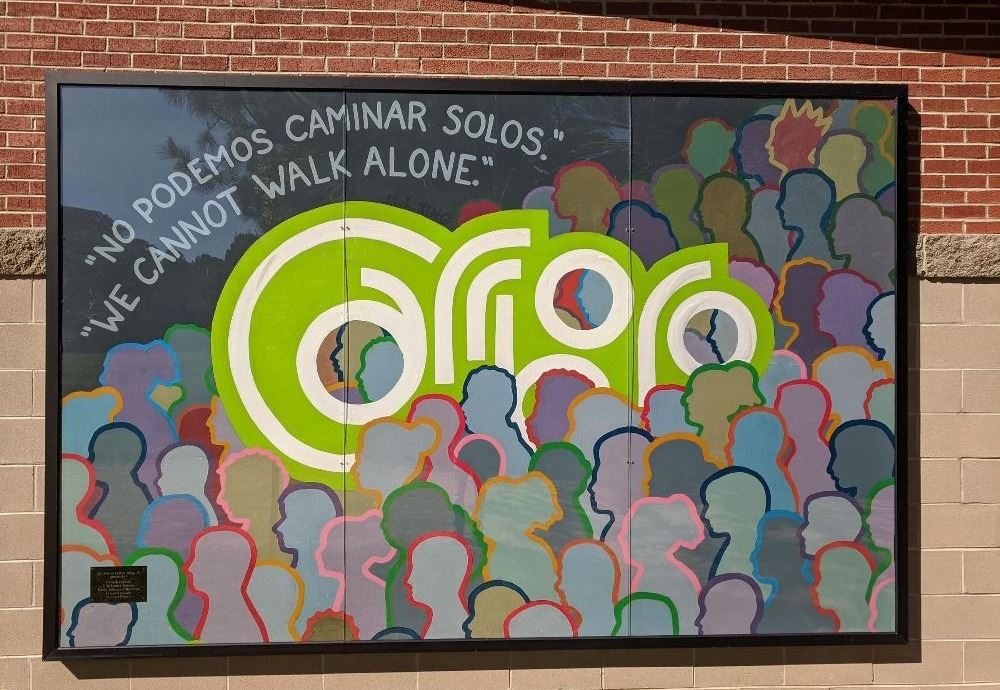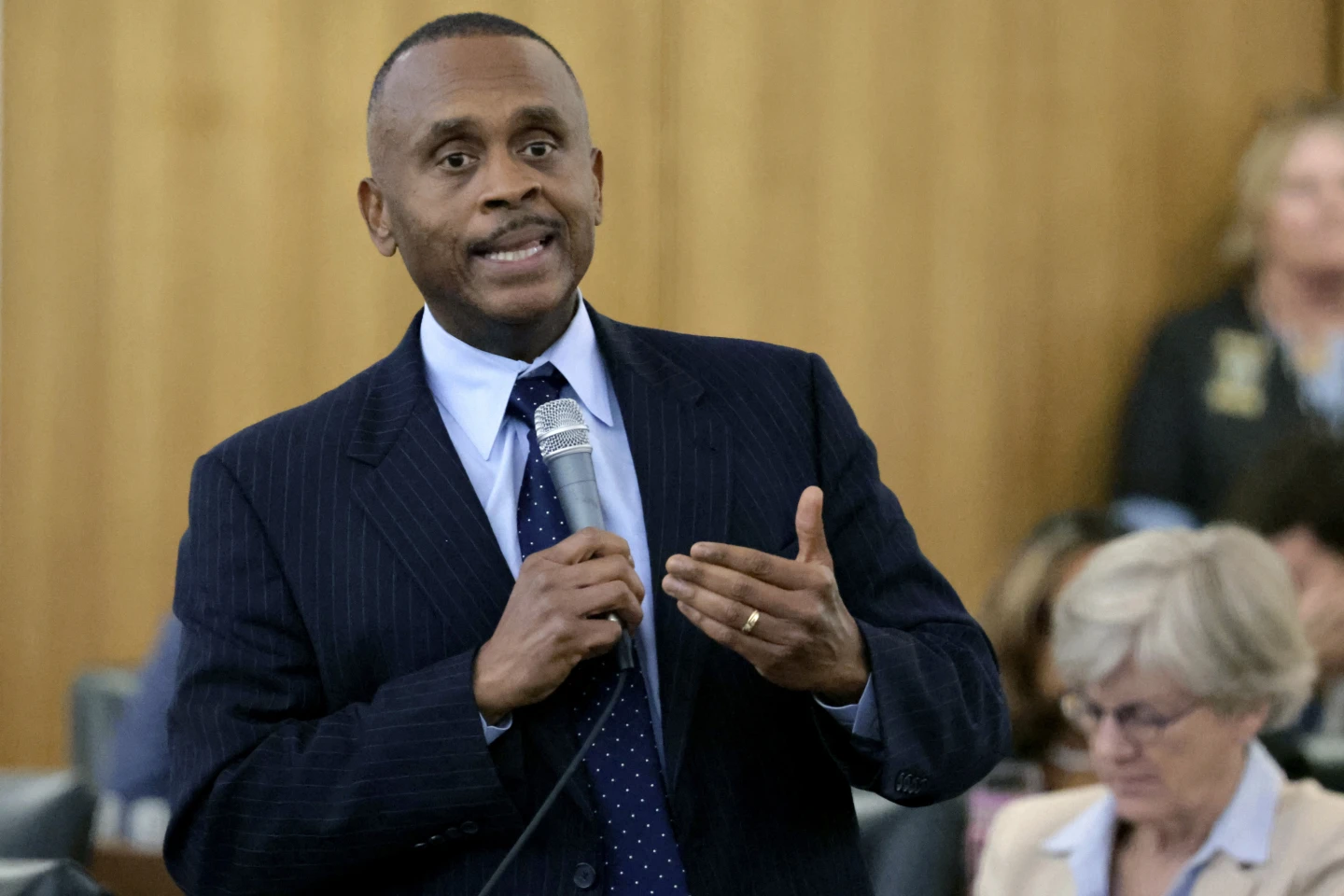Lawmakers for North Carolina are reconvening in Raleigh this week after a legislative break. With that, there’s been a flurry of bills filed in the last few days — one of which aims to curb ways that social media can be both addicting and harmful to young people.
On Wednesday morning, a group will gather at the General Assembly to hold a press conference discussing House Bill 644, which wants to improve data privacy for young North Carolinians and make social media platforms less curated.
Sam Hiner is the founder and executive director of the NC Young People’s Alliance, a nonprofit that advocates and explores ways for young people to become more involved in politics. Hiner, who is also a sophomore at UNC, says he has been commuting back and forth from campus to Raleigh for weeks to get support for this bill his organization put together.
The proposal is for North Carolina to require social media sites to have broader data privacy for minors using their platforms. The goal is to then have young users’ engagement algorithms – or what the site curates in their feed – be less influenced by posts they’ve engaged with before.
Hiner says any regular social media user may recognize how targeted advertisements or posts from popular pages end up in their timelines based on what they’ve recently watched or shared. He says the problem is how this cycle could lead to a variety of mental challenges for young people – whether its tendencies toward body negativity, extremism, or simply being unable to put their phones down. Based on his own experiences and those around the NC Young People’s Alliance, Hiner decided to craft a bill.
“What young people see right now is this infinite, targeted scroll of content that is designed to really shock you on the platform for as long as possible,” says Hiner. “[With this change], you’ll instead be getting posts from your friends and generally popular posts instead of those popular posts.”
Hiner says it took emailing several lawmakers about the proposal before one agreed to help out. Once it was co-sponsored by Rep. Jeff McNeely, the college student said support for his measure started to “snowball.” Now, advocacy groups for child safety, children’s education, and prevention of eating disorders are also signed on.
The bill’s language would have North Carolina’s government enact more guardrails around two aspects of data collection from social media sites: building an algorithm for a profile based on a person’s engagement and targeted ads based on that profile’s information. Hiner says the former is especially important for younger users because of how their behavior and preferences could be swayed by what’s shown to them from social media algorithms.
“If we prevent these companies from building these profiles on users – specifically on minors, who we’re targeting here – then they won’t be able to create those echo chambers that get users addicted to their platforms and warp their perception of reality,” he says.
The proposed data privacy regulations would also aim to change how data is sold to outside companies, which then pay for opportunities to appear in people’s social media feeds. Hiner says like with the broader content algorithms, the NC Young People’s Alliance wants the placement of products in people’s feeds to be less incessant and less likely to create psychological damage to its users.
“With advertisements, there’s no way to say you’re not interested,” he says. “Even if you say you aren’t, those platforms will still keep showing you targeted content because that’s how [social media companies] make their money: by showing you ads that are going to resonate with you the most.”
Regulating tech companies and social media data is a tall task – one that the federal government and the platforms themselves have struggled with. The approach with HB644, Hiner says, is meant to be a small, replicable step toward meaningful change.
“This is something that would start in North Carolina and would affect minors and adults [in the state] using social media,” he describes. “But I think it’s the kind of bill that we expect other states would see and start to adopt as well, because it works on so many levels.”
Hiner says he believes the bill has a chance to pass in the state legislature based on the wide acknowledgements of the youth mental health crisis and social media playing an exacerbating role. He adds that while people may interpret the proposal as cutting down access or time on apps, the intention is more about getting back to why such platforms began in the first place.
“We’re not trying to get rid of it,” says Hiner, “we’re just trying to get social media actually work the way it should, [like] if you ask Facebook what its corporate values are. It should be about bringing people together, teaching them more about the world, updating you about what’s going on. All of those things, we have no problem with.
But,” he continues, “it is those echo chambers that create a harm that social media companies have not dealt with that we’re trying to regulate.”
Chapelboro.com does not charge subscription fees, and you can directly support our efforts in local journalism here. Want more of what you see on Chapelboro? Let us bring free local news and community information to you by signing up for our biweekly newsletter.












